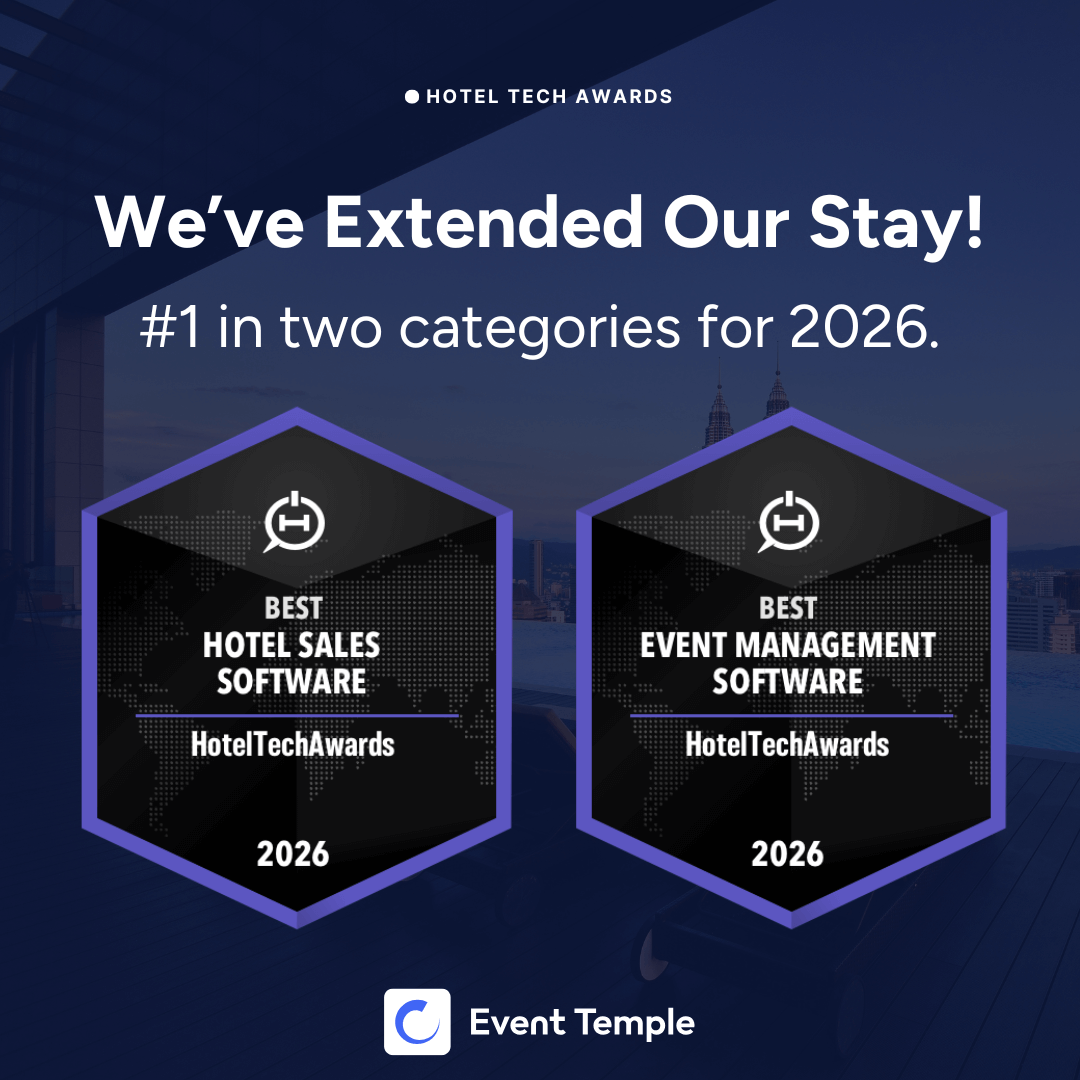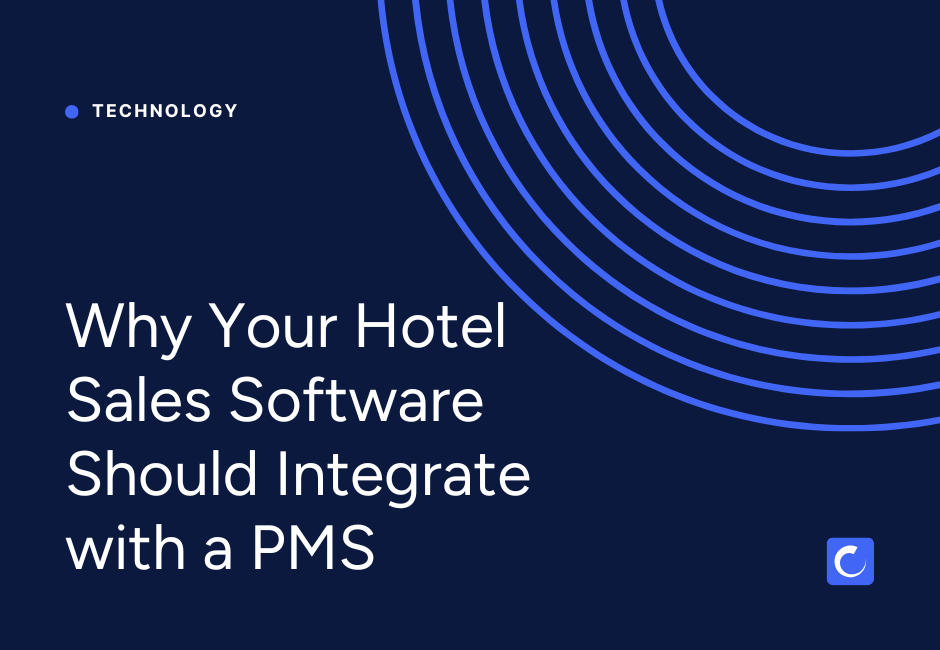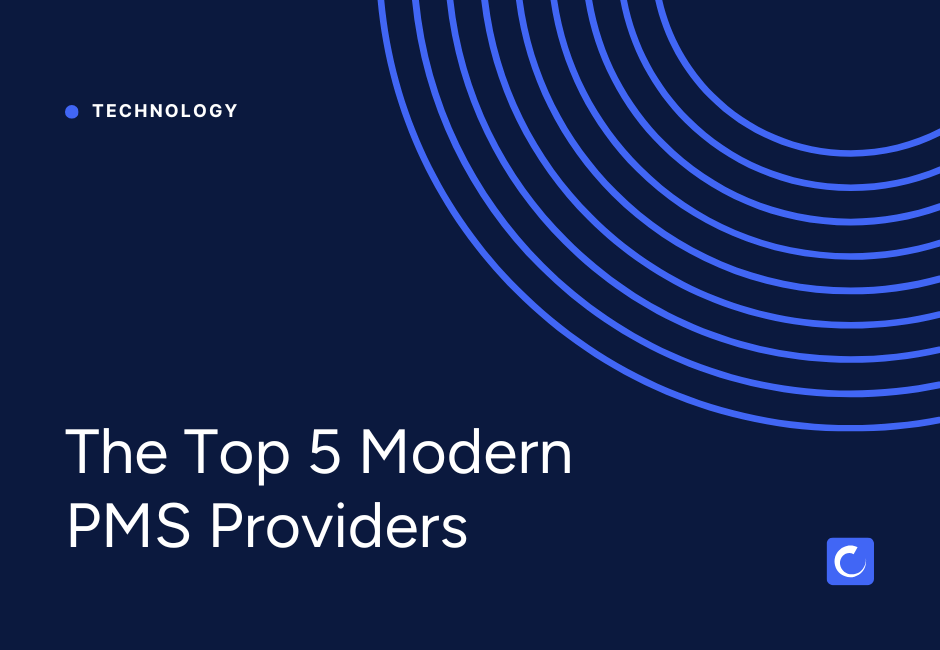
Running a profitable hotel with event spaces means tracking dozens of moving parts simultaneously — from room blocks and pace reports to event space utilization and seasonal booking patterns. The right reporting software for hospitality transforms this complexity into clarity, giving you the insights needed to make confident decisions quickly.
If you're evaluating reporting solutions for your property, these five features will help you identify software that actually delivers value and can inform a strategic approach rather than just generating pretty charts.
1. Real-Time Data Synchronization and Live Dashboards
Waiting for yesterday's reports to make decisions about today's bookings costs you money. Modern reporting software for hospitality captures information instantly across all your systems, so you always know exactly where you stand.
What to Look For:
- Two-way data sync when bookings are made, modified, or cancelled
- Live occupancy and availability tracking across properties and event spaces
- Real-time revenue tracking that reflects current performance
- Automatic data refresh without manual intervention
When your ballroom has a last-minute cancellation, you can immediately offer it to a client on the phone. When you notice small meeting room bookings trending up, you can adjust pricing before the opportunity passes. Real-time reporting turns reactive management into proactive revenue optimization.
2. Customizable Reports and Flexible Filtering Options
Every hotel operates differently, and your reporting software for hospitality should adapt to your unique needs — not force you into rigid templates. The ability to create custom reports and apply granular filters ensures you're always looking at the data that matters most to your specific operation or audience you’re reporting to.
Essential Customization Features:
- Intuitive filters and toggles for non-technical users
- Custom date ranges beyond standard monthly/quarterly options
- Multi-dimensional filtering (by event type, client segment, revenue source)
- Ability to save and share custom report templates
- Role-based access to ensure teams see relevant data
A Director of Sales might need to compare corporate event bookings across quarters, while an events coordinator focuses on event logistics for the coming week. Your reporting software should serve both needs without requiring IT intervention.
3. Integration Capabilities with Existing Hotel Systems
Your reporting software shouldn't exist in isolation. The most powerful reporting software for hospitality seamlessly integrates with your existing hotel technology stack, creating a unified data ecosystem that eliminates manual data entry and reduces errors.
Critical Integration Points:
- Property Management Systems (PMS)
- Customer Relationship Management (CRM) platforms
- Point of Sale (POS) systems
- Channel managers and booking engines
- Accounting and financial software
- Event management and catering systems
When your reporting software automatically pulls data from all systems, you eliminate data silos and gain a centralized 360-degree view of your business. This means understanding not just that a wedding generated $50,000 in revenue, but also seeing the associated room bookings, F&B sales, and even add-ons or spa services — all in one comprehensive report.
4. Advanced Analytics and Enterprise Functionality
Basic reporting tells you what happened at a single property. Enterprise-level reporting software for hospitality provides sophisticated analytics across your entire portfolio while giving you the flexibility to drill down by region, brand, or individual property.
Key Analytical Features:
- Multi-property consolidated reporting with roll-up capabilities
- Territory-based performance tracking for regional sales teams
- Brand-level analytics for properties under different flags
- Comparative analytics across your portfolio
- Centralized reporting with property-level access controls
- Single Sign-On for streamlined user provisioning and access control
A hospitality group managing 15 properties across three brands needs to see performance at every level. Your VP of Sales should be able to pull quarterly numbers for all properties, while regional managers focus on their specific territories. Meanwhile, individual property teams need access to their own detailed analytics without seeing confidential data from sister properties.
Enterprise functionality also reveals insights impossible to spot at the property level. You might discover that properties in your midwest territory consistently outperform coastal locations for pharmaceutical meetings, or that your boutique brand attracts 40% more social events than your business-focused properties.
These portfolio-wide patterns and insights can inform everything from sales team territories to marketing spend allocation.
5. Mobile Accessibility and Cloud-Based Architecture
Modern hospitality professionals aren't chained to their desks. Your reporting software for hospitality must be as mobile as you are, providing secure access to critical data whether you're walking the property, meeting with clients, or traveling between locations.
Mobile-First Features:
- Responsive design that works on any device
- Native mobile apps for iOS and Android
- Touch-optimized interfaces for tablets
- Secure cloud storage with automatic backups
- Multi-location access for chain properties
Picture walking a high-value client through your venue while having instant access to availability, pricing history, and even their company's booking patterns — all from your tablet. This level of accessibility transforms every interaction into an opportunity for data-driven upselling and relationship building.
Making the Right Choice for Your Property
Selecting reporting software for hospitality directly impacts your property's revenue potential and operational efficiency. The right platform organizes your data while uncovering opportunities you didn't know existed.
Evaluate vendors based on their hospitality expertise, not just their feature list. Strong providers offer comprehensive training, responsive support, and regular updates based on industry and client feedback. They understand that great software enhances your team's capabilities without adding complexity to their day.
Moving Forward with Confidence
Properties that effectively use data consistently outperform those that rely on instinct alone. By prioritizing these five features in your reporting software for hospitality, you gain the insights and agility needed to maximize revenue from every space, every day.
The best reporting software is the one your team actually uses. Focus on user-friendly interfaces, solid training programs, and vendors who understand that hospitality technology should make your job easier, not harder.
Start by assessing your current reporting capabilities against these five features. Identify the gaps, then find a solution that fills them. Your revenue numbers — and your stress levels — will show the difference.
Event Temple is purpose-built for hotels with event spaces. If you’d like to see the reporting capabilities we can bring to your business in action, book some time for a personalized walkthrough.



